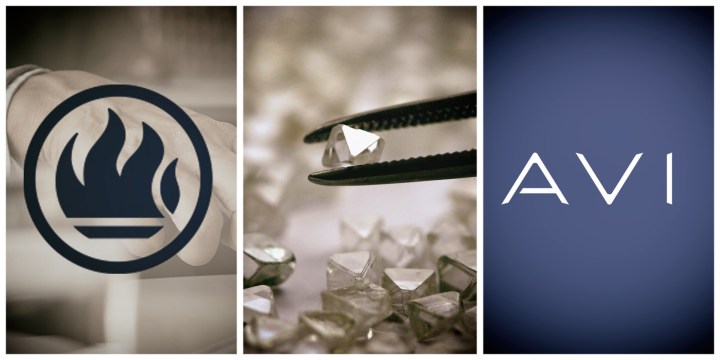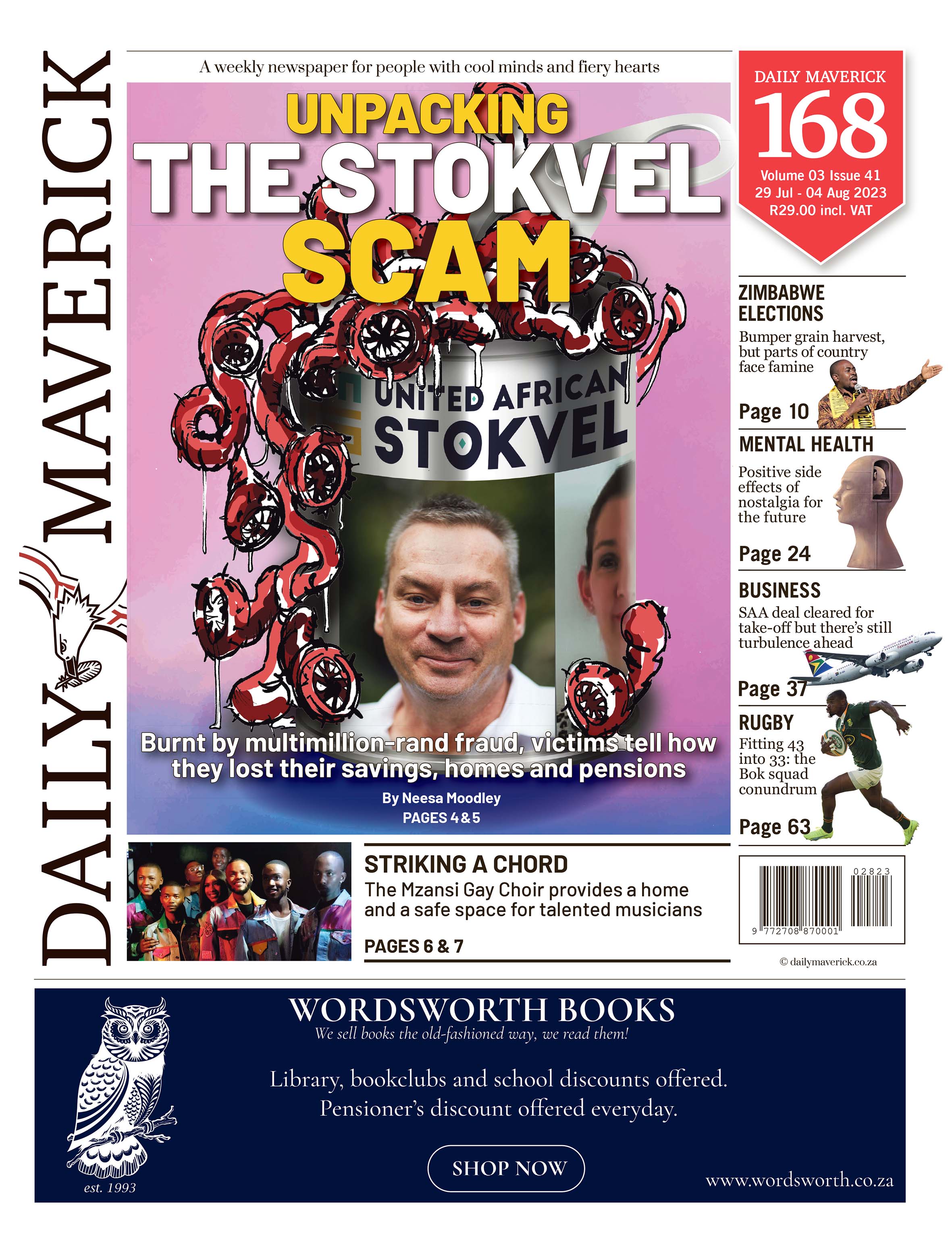PHANTOM SHARES
The Finance Ghost: AVI, Liberty Group and De Beers on inflation navigation, big plans and promises

When a group has many different product categories, the overall gross margin is as much about sales mix as it is about underlying gross margin performance at category level.
For the year ended June 2023, AVI grew revenue by 7.8%. The smartest cookie was Snackworks, with growth of 11.9% and a contribution of 35% to revenue. As we’ve seen in PepsiCo on the global stage, people are willing to cut their food costs as long as the snack cupboard is stocked.
Not every segment was quite that delicious, with a fishy smell coming out of I&J with revenue growth of just 0.5% and a contribution of 16.7% to group revenue. A fire at one of the facilities certainly didn’t help.
Thankfully, that was the worst of the segmental performances. We need to give a shout-out to the Footwear & Apparel segment with a 12.3% increase, though it doesn’t really move the dial as the second-smallest segment in the group.
The magic here was selling price increases, with AVI as a good example of how to navigate an inflationary environment. Even more impressive is the increase in gross profit margin, with revenue mix undoubtedly part of that story. When a group has many different product categories, the overall gross margin is as much about sales mix as it is about underlying gross margin performance at category level.
AVI might have been able to push through selling price increases, but even this group couldn’t maintain operating margins in this inflationary environment. Thanks to pressure from costs like fuel, operating profit grew by 6.9% and trailed revenue growth. Still, that’s a decent result in tough times.
Headline earnings per share will increase by between 3% and 5% for the year ended June 2023, with more shares in issue than before as the culprit for the modest growth in Heps relative to operating profit.
Before that dampens your mood, if you are an AVI shareholder, you can take some joy from the quality of cash conversion in the group and the more efficient working capital outcome in these numbers. Net debt is also within the target range despite a big jump in capital expenditure.
Liberty Group: You don’t need two degrees to see the upside here
Liberty Group, now a wholly owned subsidiary of Standard Bank Group, has announced big plans to privatise premium property fund Liberty Two Degrees. With a proposed cash price of R5.55 per share, that’s a 42% increase from the previous day’s closing price of R3.90. Lovely.
Well, lovely for those who bought recently, at least. The share price has essentially halved since listing during the boom period for property funds on the JSE. Liberty is timing the market magnificently at the expense of those who bought the original listing. As always, you buy the “hype” sector at your own risk — and as hard as it may be to believe now, there was a time when property was the hype sector on the JSE.
Liberty Group may be paying a premium to the recent share price, but it is still getting the properties at a steal based on the net asset value (NAV) of Liberty Two Degrees, which was R7.51 at the end of December 2022.
Despite the discount to NAV, Mazars Corporate Finance has confirmed the fairness of the transaction for Liberty Two Degrees shareholders. Supportive non-binding letters from major shareholders (Coronation and Sesfikile Capital — collectively holding 64.7% of the shares eligible to vote) put the scheme of arrangement close to success with 75% approval needed.
Is De Beers losing a bit of sparkle?
De Beers is one of the jewels in the Anglo American crown. But with the growing prevalence of lab-grown diamonds, are the real things really “forever” as the marketing campaign promises us?
In Sales Cycle 6 this year, De Beers only achieved sales of $410-million, way down from $638-million in Sales Cycle 6 last year.
The company has blamed caution from buyers in this macroeconomic environment, which does make sense when you consider the financial pressure that the average diamond purchase puts on a soon-to-be-engaged couple.
This is a luxury product with an affluent customer base, which is very different from the likes of Richemont and LVMH.
That’s exactly the problem, though, with lab-grown diamonds providing a far more affordable way to say “I do”. De Beers has enjoyed many decades in the sunshine. Are the clouds finally rolling in? DM
After years in investment banking by The Finance Ghost, his mother’s dire predictions came true: he became a ghost.
This story first appeared in our weekly Daily Maverick 168 newspaper, which is available countrywide for R29.

















 Become an Insider
Become an Insider
Comments - Please login in order to comment.